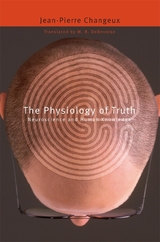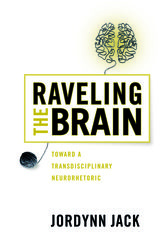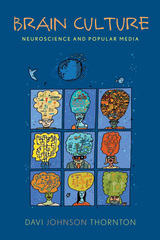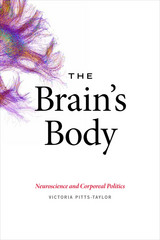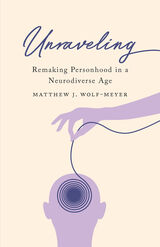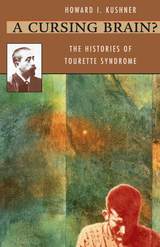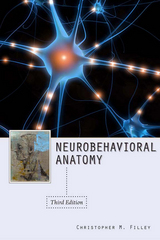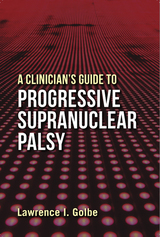Cloth: 978-0-674-71080-1
Library of Congress Classification RC346.G57 1984
Dewey Decimal Classification 616.8
Most neurology is done by general physicians rather than by neurologists. Still, neurology is perceived by doctors to be one of the most troublesome and difficult medical specialties. Neurologic symptoms are often vague and uncertain, and seemingly insignificant symptoms can reflect frightening disorders.
Thomas Glick, a superb teacher as well as an experienced clinician, has written this book in the belief that errors in handling neurologic cases stem not so much from a failure to command a daunting body of knowledge as from inadequate clinical reasoning. Dr. Glick shows how the skills of the primary-care physician can be applied to the special problems of neurologic history-taking and physical examination. He emphasizes time-saving ways to focus the exam and avoid diagnostic error. The book describes clear procedures for cases that the generalist can handle comfortably and offers guidelines on when (and how) to seek the advice of the consultant neurologist. Case histories, scattered liberally throughout the text, highlight the discussions and give the reader a rich sampling of specific methods of problem solving.
Clinicians who feel skeptical about the effectiveness of neurologic therapy or frustrated by its application will find here a commonsense approach to therapeutic planning. Chapters on ambulatory and chronic neurologic care also convey a positive sense of the broader therapeutic possibilities that exist in neurologic practice. Neurologic residents, senior medical students, psychiatrists, and allied health professionals, as well as primary caregivers, will benefit from the insights contained in this sensitive and articulate book.
See other books on: Diseases | Medical Practice | Nervous system | Neuroscience | Process
See other titles from Harvard University Press




